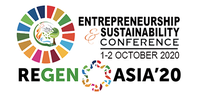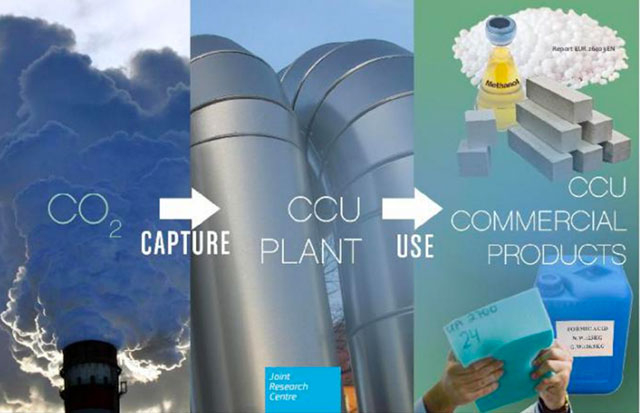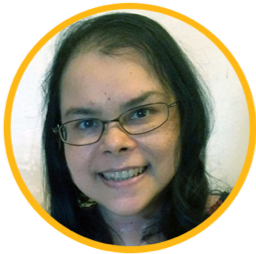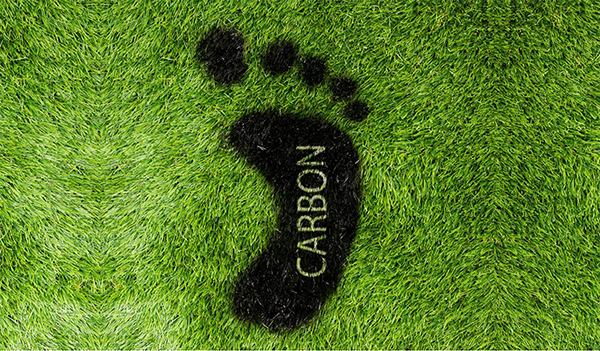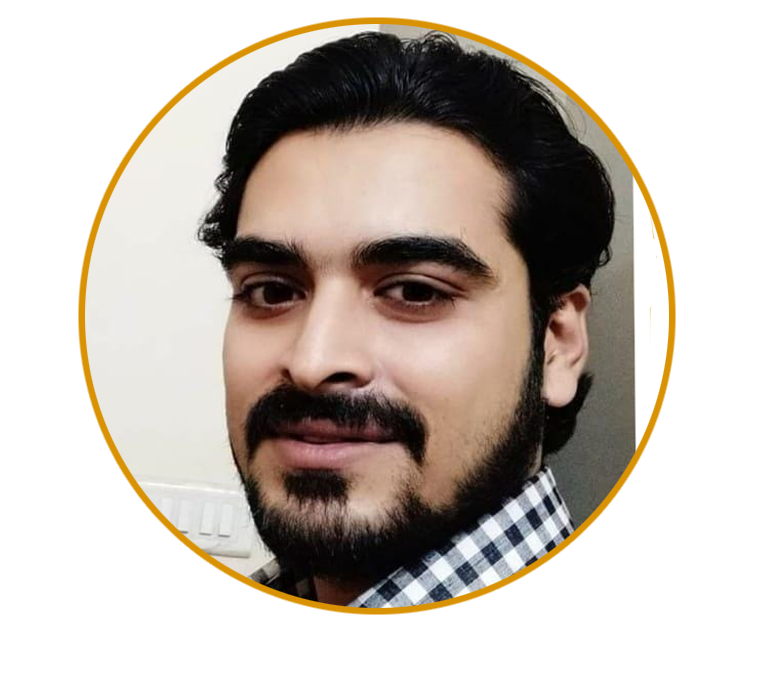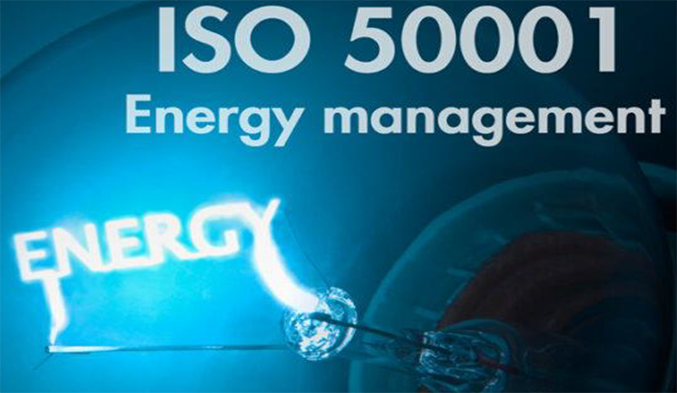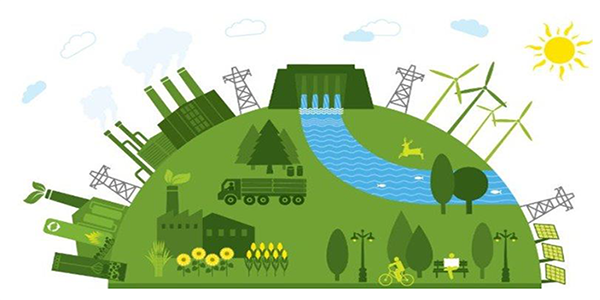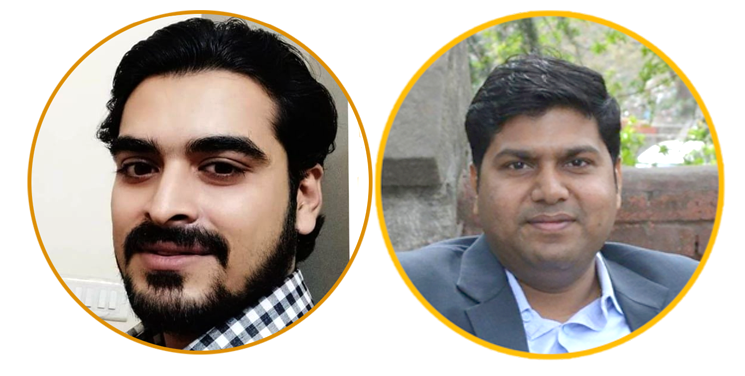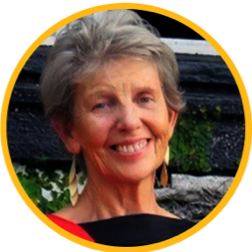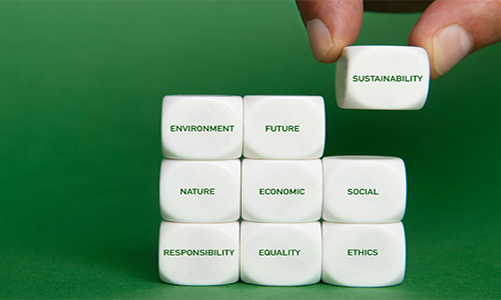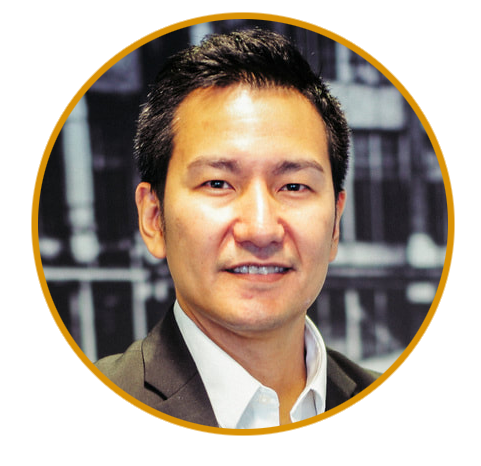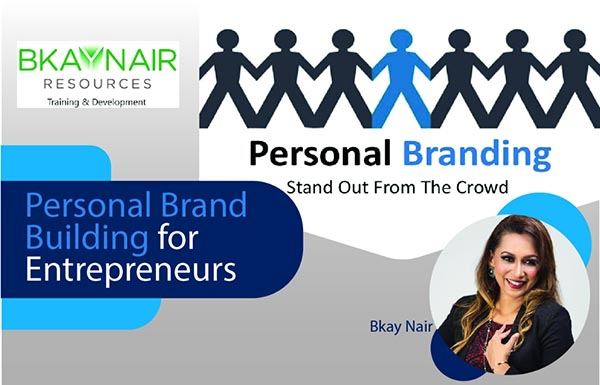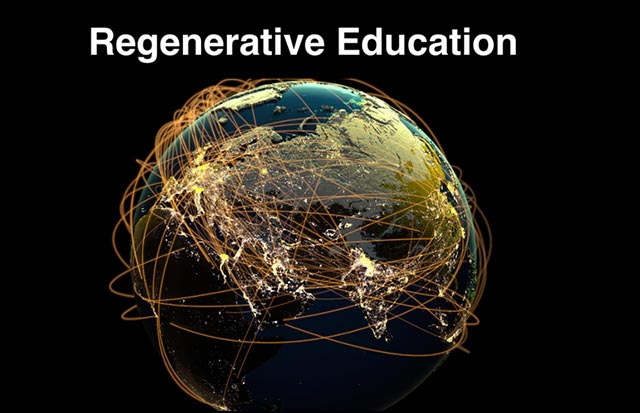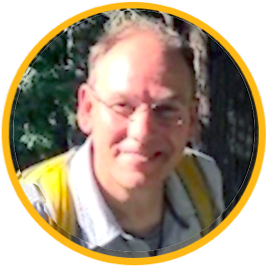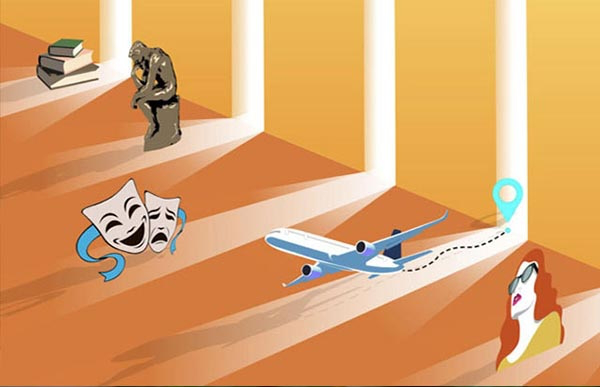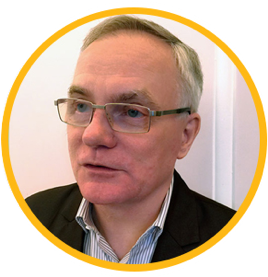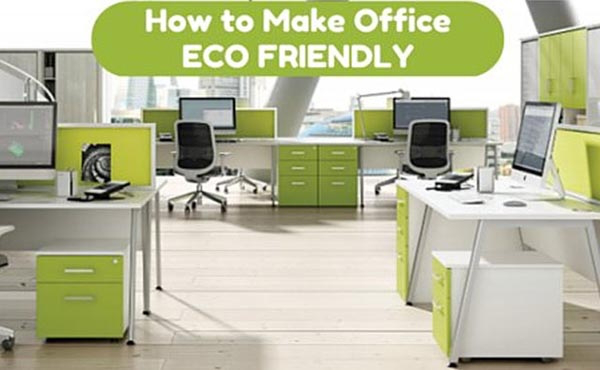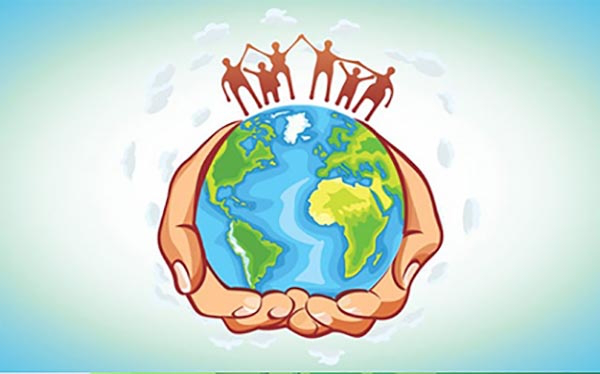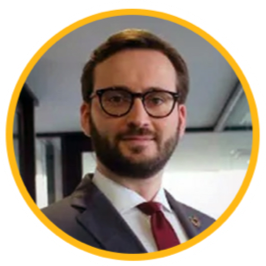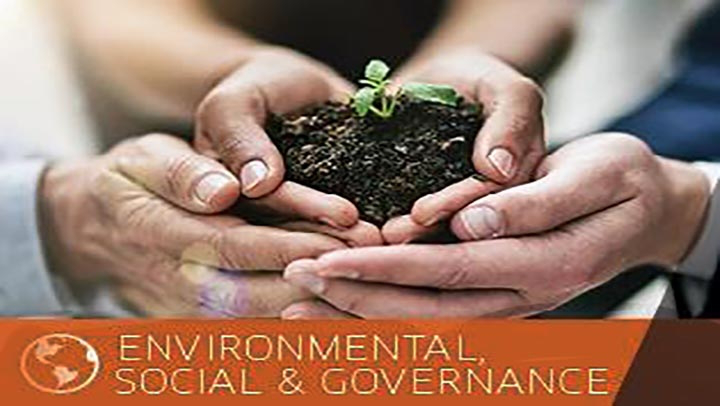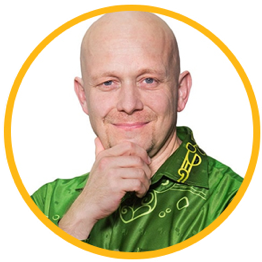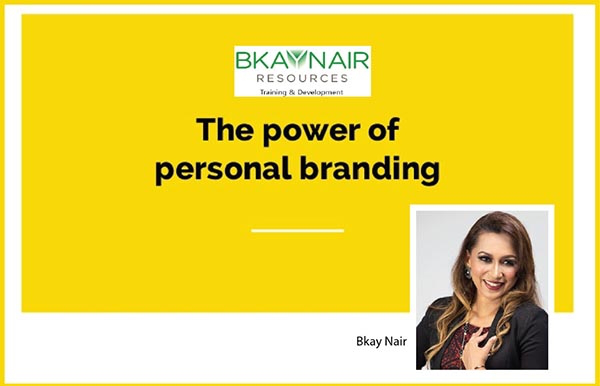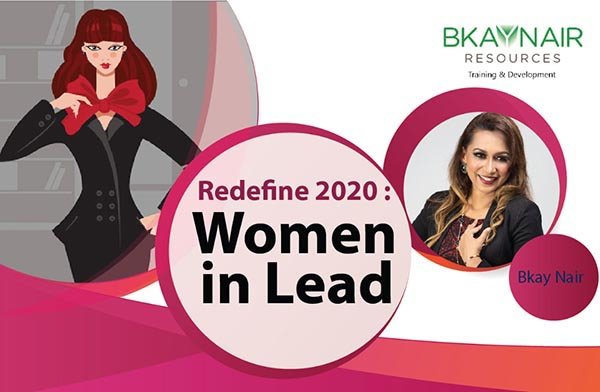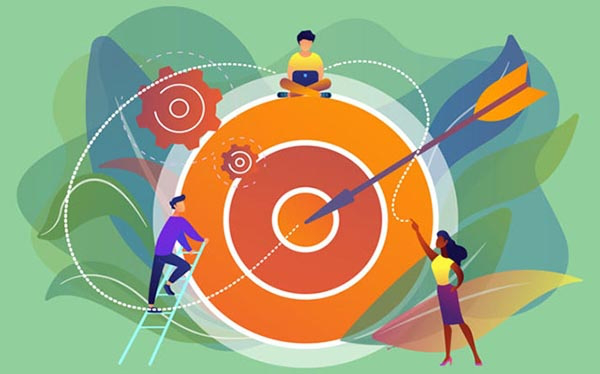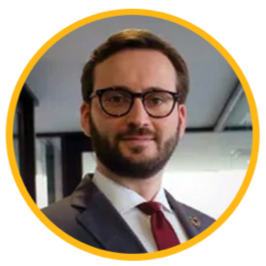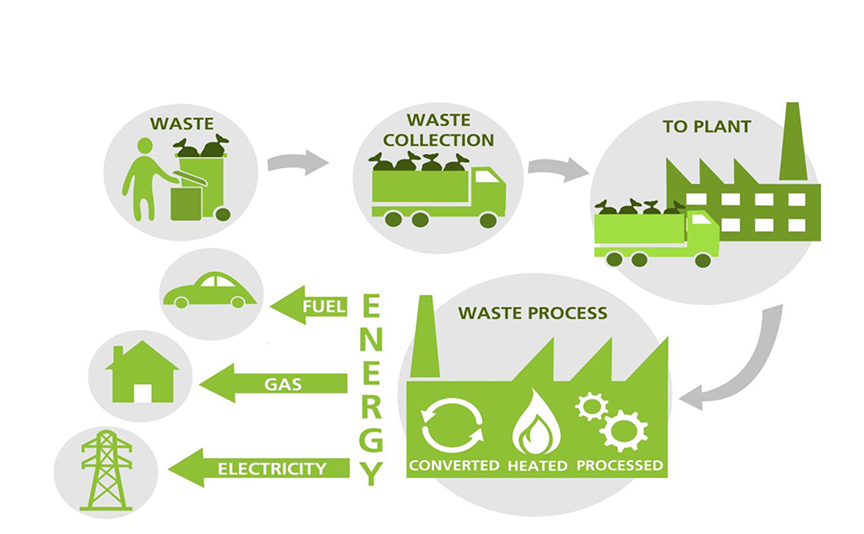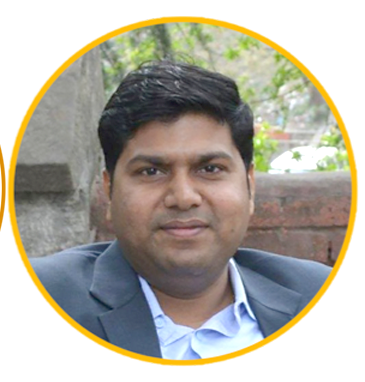THE ENTREPRENEURSHIP & SUSTAINABILITY CONFERENCE WORKSHOPS
provides the opportunity to develop and improve designs and analytical skills to redesign the community for a more sustainable future.
The Sustainable Development Goals are the blueprint to achieve a better and more sustainable future for all. They address the global challenges we face, including those related to poverty, inequality, climate change, environmental degradation, peace and justice. The 17 Goals are all interconnected, and in order to leave no one behind, it is important that we achieve them all by 2030. Click on any specific Trainings below to learn and take accountability today .
Join our International Coaches and emerging Trainers to drive exponential change for people and our planet.
WORKSHOP AGENDAWORKSHOP AGENDA
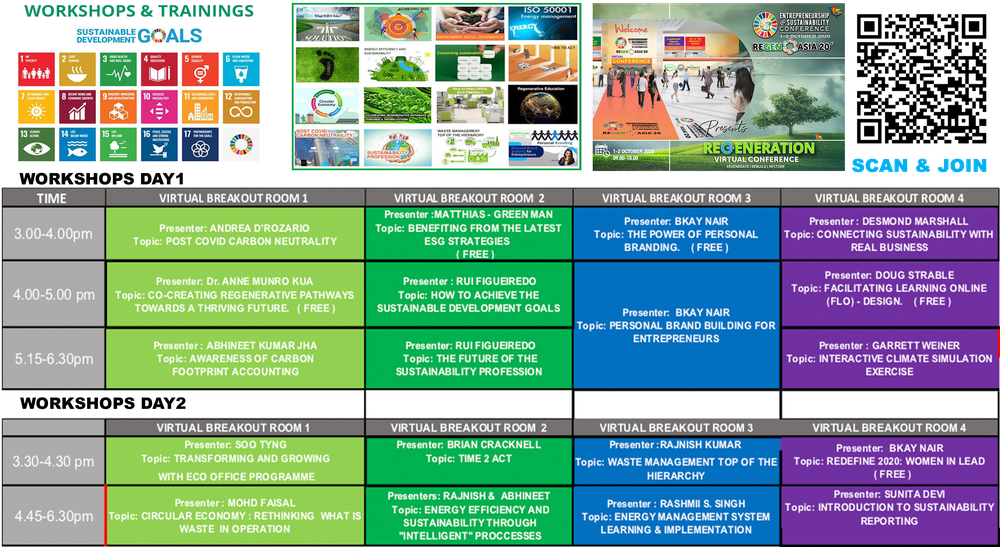
WORKSHOP HIGHLIGHTSWORKSHOP HIGHLIGHTS
Post Covid Carbon Neutrality Carbon Workshop Agenda
by Andrea D'Rozario - E Phase Energy Sdn. Bhd.
- Current Energy scenario and Our carbon footprint
- Green building design and operation
- Renewable energy and clean energy generation
- Low carbon cities
- The way forward in
In light of the current pandemic, there has certainly been a shift in how we now have to do things. In relation to carbon neutrality, we are still pursuing the path of fighting climate change by working at reducing our carbon emissions. It has been reported that due to the lockdown in some countries, carbon emissions have only reduced between 4 to 7% worldwide. We saw people being confined to the homes, transportation and travel coming to a near standstill, and most retail and industries
shutting down operations. However, this was limited by uncontrolled burning of forests fires in a few areas. As we pursue carbon neutrality, we first need to know where our carbon emissions are coming from and how much we can reduce it. On the contrary, to offset carbon emissions, we also need to source for cleaner forms of generating energy and having enough forestation as our carbon sink.
One of the biggest consumers of energy is industrial facilities (46%), commercial buildings (32%) and residential homes (21%). Industrial facilities are high energy consumers and so there's only so much you can control. But we found a huge potential when it came to commercial and residential buildings. When the pandemic hit us, a majority of the industrial and commercial operations had to cease. Naturally, residential consumption rose as people stayed home. It will be interesting to see how the consumption trend changes over time and how much society can adapt to the new normal, once things are under control. All this will certainly have an impact on our carbon footprint. We generate a total 34MWh mainly from coal, natural gas in Malaysia. Out of that energy mix, renewable energy produces 22.5% of that, hydro, solar 2%, biomass, biogas. Our solar production is only 2% and the government intends to increase this to 20% by 2025 through various programs such
as large-scale solar farms and rooftop solar for buildings and individual homes. In order to be carbon neutral, we need to generate enough clean energy to offset the energy being consumed worldwide. Things for discussion will include the feasibility of renewable energy to replace fossil fuels and oil, carbon footprint reduction from all avenue streams and maintaining or increasing the forests as a carbon sink. We will look at low carbon cities with clean energy generation, integrated public transportation, environmentally sustainable practices and community health and living. All these complementing the 17 Sustainable Development Goals.
ACCESSIBLE TO ALL REGISTERED ATTENDEES
eCERTIFICATE PROVIDED
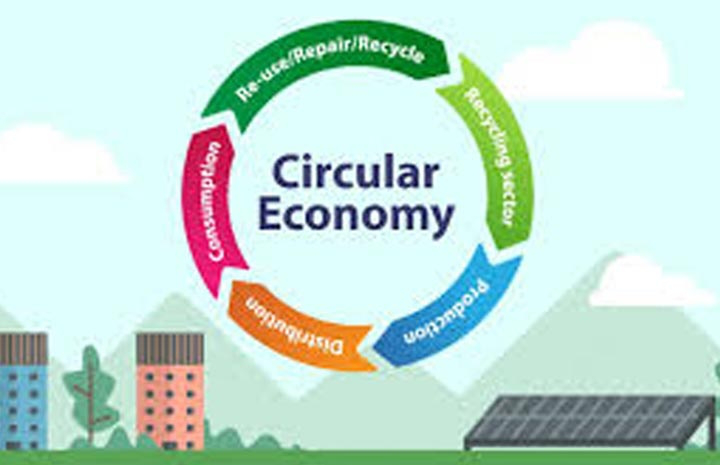
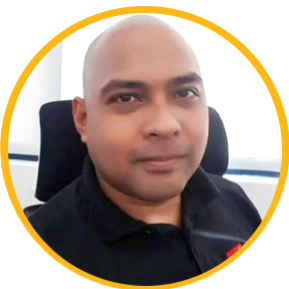
CIRCULAR ECONOMY : RETHINKING WASTE MANAGEMENT IN OPERATIONS
MOHD FAISAL ABDUR RANI
Program Director - IMPACT REVOLUTION ENTERPRISE
Abstract
In a post-Corvid-19 with the closure of borders, unsure capabilities of suppliers, raw material supply, production, and even manpower have become uncertain, creating a disruption in the capabilities in
many industries to maintain operation. However, the solution in overcoming this uncertainty time are for manufactures, producer, SME, and many industries is to re-think a Circular Economy approach in their operation to maximize the usage of Raw Material and capturing back production to be reuse infinitely within their operation.
The look at waste as a valuable resource within the Operation will help each sector to rethink what is a waste. Help to move the industry to rethink and redesigning its product or services with more sustainable resources and, innovate the industry to be a new leader in the market that is more towards the circular economy
Workshop description
The Workshop will explore the problematic view we have about waste, the wastage in mass production has cause and how Circular economy can solve it.
ACCESSIBLE TO ALL REGISTERED ATTENDEES
eCERTIFICATE PROVIDED
Awareness of Carbon Footprint Accounting- A step towards Sustainability: -
By Abhineet Kumar Jha (Workshop) - Applus India Private Limited
Climate change arising from anthropogenic activity has been identified as one of the greatest challenges facing the world and will continue to affect business and citizens over future decades. Climate change has implications for both human and natural systems and could lead to significant impacts on resource availability, economic activity and human wellbeing. In response, international, regional, national and local initiatives are being developed and implemented by public and private sectors to mitigate greenhouse gas (GHG) concentrations in the Earth's atmosphere, as well as to facilitate adaptation to climate change. There is a need for an effective and progressive response to the urgent threat of climate change on the basis of the best available scientific knowledge. Due to humans' heavy reliance on fossil fuels, energy usage, and constant deforestation, the amount of greenhouse gas in the atmosphere is increasing, which makes reducing a greenhouse gas footprint harder to achieve. Greenhouse gases (GHGs) are gases that increase the temperature of the Earth due to their absorption of infrared radiation. Although some emissions are natural, the rate of which they are being produced has increased because of humans. These gases are emitted from fossil fuel usage in electricity, in heat and transportation, as well as being emitted as by-products of manufacturing. The most common GHGs are carbon dioxide (CO2), methane (CH4), nitrous oxide (N2O), and many fluorinated gases. A greenhouse gas footprint is the numerical quantity of these gases that a single entity emits. The calculations can be computed ranging from a single person to the entire world.
Carbon emissions are generated from a lot of sources, and they have pretty sizeable contributions. Little steps towards minimizing your carbon footprint will go a long way in reversing climate change.
ACCESSIBLE TO ALL REGISTERED ATTENDEES
eCERTIFICATE PROVIDED
ISO 50001 ENERGY MANAGEMENT SYSTEM Learning & Implementation: -
By Rashmi S Singh (Workshop)- - Applus India Private Limited
ISO 50001:2018 specifies the requirements for establishing, implementing, maintaining and improving an energy management system (EnMS).
Energy management is the key to saving energy in your organization. When it comes to energy saving, energy management is the process of monitoring, controlling, and conserving energy in a building or organization. Much of the importance of energy saving stems from the global need to save energy - this global need affects energy prices, emissions targets, and legislation, all of which lead to several compelling reasons why you should save energy at your organization specifically.
If it wasn't for the global need to save energy, the term "energy management" might never have even been coined... Globally we need to save energy in order to:
• Reduce the damage that we're doing to our planet, Earth. As a human race we would probably find things rather difficult without the Earth, so it makes good sense to try to make it last.
ACCESSIBLE TO ALL REGISTERED ATTENDEES
eCERTIFICATE PROVIDED
ENERGY EFFICIENCY AND SUSTAINABILITY THROUGH "INTELLIGENT" PROCCESSES:
- By Rajnish Kumar & Abhineet Kumar Jha (Workshop) Applus India Private Limited
For over a hundred years, the primarily goal of construction or establishing any set up of different functions and engineering was that the setup/building/industry would endure over time. The great architectural works have succeeded, but their high cost makes these projects unqualified to be repeated.
The intelligent operations (building, commercial, industrial, institutional, construction, domestic etc) concept has evolved from its definition 30 years ago, due to new technological challenges, leaving behind its old meaning, and updating it to present times. Sustainable and affordable energy is one of the important key of success of any business or development of the country as whole.
The "intelligent" processes are those that ultimately can make the difference between current and future way in which we understand energy efficiency in future, although with time and advancement one will want to call them in different ways.
The need is for Smart operations and efficient operations which is totally based on 4 pillars:
1. Innovation,
2. R&D,
3. Analysis, and
4. Implementation
And these above 4 are dependent upon another 4 pillars:
i. Feasibility,
ii. Suitability,
iii. Acceptability,
iv. Economical
And all these together lead to sustainable pathway of energy efficiency.
ACCESSIBLE TO ALL REGISTERED ATTENDEES
eCERTIFICATE PROVIDED
Co-creating Regenerative PATHways towards a Thriving Future
BY Dr Anne Munro Kua.
Modelling Regenerative Best Practice Thinking
As responsible leaders, entrepreneurs and professionals we are confronted with unprecedented challenges to running "life and business as usual", challenges from impact of the COVID19 Pandemic AND the complex ongoing devastating effects of Climate Change. While the tragic, volatile, disruptive impact of this scenario can be overwhelming, we have an enormous opportunity to audit our relationship with the planet and be brutally honest about the degenerative practices that got us into this mess. We are being called on to radically transform ourselves to lead a regenerative
equitable future. The question is where do we start? AMK Transformations (founded in 1995) has done the research grounded in 30 years of practice and invites you to begin by examining and modelling the ways of thinking that can underpin the transformational journey we must undertake if we are to survive never mind thrive. None of us have made this particular journey before and thus must adopt a
collaborative co-creative approach for the collective benefit of all. Join us to explore together the mindset and strategies that early explorers and adopters provide that gives us a guide to how the current and future generations can work towards creating a vibrant world. These selected PATH skills represent some of the most powerful people technologies today, which centre on the modelling of human excellence. Unlike other approaches grounded in theory, this approach focuses on the best practice models that emerge when we ask the practical question of how a person a team, an organisation achieves amazing results! No competition here, but rather
the questioning posed with deep curiosity of "How do you do that?" in all its complexity of thoughts, behaviour and sequence. And over the last forty years such curiosity and focused questioning has elicited and generated a range of models of excellence in the field of human communication and potential development.
Such modelling of excellence involves a methodology, a way of thinking and questioning that lies at the heart of modelling. Secondly, we now have amazing models of excellence, available for us to acquire and achieve the same excellent results. This means that excellence is no longer the preserve of those considered to be a rare genius. Because we now have the best practice blueprints of thoughts, language and behaviours in displaying excellence, we are able to reproduce that
excellence repeatedly and teach it to others.
We have designed this PATH programme with both aspects in mind, a modelling mind-set (at the heart of continuous learning) methodology and technique. Throughout the programme we build a habitual model of thinking involving multiple perspectives of the world, proven to generate success wherever you apply them, in your personal and/or professional life. And throughout the workshop we teach selected practical behavioural models that together provide a toolbox for continuing
professional (& personal) excellence.
We provide the structure and the generic skills, you and your people provide their specialist expertise ( eg as engineer) and the relevant contexts. This collaborative approach means that as we explore methodology and technique we constantly do so in relevant real world situations specific to each of our clients
PREVIEW SESSION - FREE TO ALL
CONNECTING SUSTAINABILITY WITH REAL BUSINESS : CREATING A STRATEGY THAT THE CHAIRMAN APPROVES
by Desmond Marshall is the MD of
Rouge International & Rouge Venture
Audience: corp CSR, sustainability related executives,
Many corporations, chairman, board of directors, etc think that sustainability is just charity or a nice to have add on, as compared to the critical business, or sales strategies. This puts a strain on sustainability related executives, trying to build a strategy that can interlink with various business divisions, and convince the top management or investors for funding. this workshop helps sustainability or CSR, ESG executives to understand the techniques in creating shared strategies, focus on making the business, and ways to convince top mgt that sustainability is NOT a charity division.
ACCESSIBLE TO ALL REGISTERED ATTENDEES
eCERTIFICATE PROVIDED
PERSONAL BRANDING BUILDING FOR ENTREPRENEURS
By BKAY NAIR - BKAY RESOURCES
Course overview :
Personal Brand Building for Entrepreneurs is about being an entrepreneur that builds a successful business and brand image. We all have a personal brand and it is all about how other people perceive you, which results in your reputation. And this has a direct and measurable effect on your ability to be successful.
It is being able to identify certain key attributes that are common between you and your company and proactively working towards aligning the two in the eyes of your customers, thereby making a strong association and "owning" that quality. Every product or service has certain impressions associated with them such as honesty, effectiveness and/or customer focus, which are important to the customers which incorporates into your identity.
Learning Outcomes
· Understand what Personal Branding Is
· Understand Your Ideal Target Audience
· Build a Strong Personal Brand
· Design a Personal Brand Strategy
· Promote Your Personal Brand and Business
· Elevate your presence, impact and confidence for greater success!
· Understand the key factors that will make you successful
· Build success habits
ACCESSIBLE TO ALL REGISTERED ATTENDEES
eCERTIFICATE PROVIDED
FACILITATING LEARNING ONLINE (FLO) - DESIGN
Presenter: Doug Strable Topic:
Facilitating Learning Online (FLO)
Design is a four-week blended workshop that offers participants opportunities to explore different approaches to developing effective online courses and/or learning experiences. FLO Design is a foundation course in the Facilitating Learning Online (FLO) collection of courses and complements the FLO Fundamentals course, which focuses on online facilitation skills and strategies. In FLO Design, participants are
introduced to a wide range of ideas about how people learn, best practices and
recommended pedagogies to engage and support online learners, and several espected quality and accessibility frameworks to guide their design efforts. We will start the course at the Conference which is open to all, and then continue the following four weeks online. The Course The course is practical and development; participants are asked to identify a specific design project and can work alone or with others to design a short unit of learning (2-3 weeks of an online course or equivalent) and a sample learning activity to demonstrate how they will engage learners online. Weekly "studio" forums enable participants to receive feedback from both course facilitators and participants in order to clarify and develop their design projects.
Note: In this short course, you will not be developing an entire course or learning how to integrate your activity into a specific platform such as Moodle. Rather, your focus will be designing learning, trying new approaches to engage learners and support their success in online environments.
Learning outcomes:
- Discuss important elements of online learning design, including quality, accessibility and design guidelines
- Create a plan for a short unit of online learning that includes a prototype learning activity
- Critically reflect on your learning and evaluate your progress in augmenting or
- developing your online learning design skills and knowledge
- Explain design choices and pedagogical perspectives applied to a specific learning design project
Learner Effort : 6-8 hours per week
Those with no prior online teaching and learning experiences can expect to invest more time. Additional time may be needed to prepare for the final showcase sessions. Continuous, active participation is necessary to make this course successful for everyone.
Computer Requirements:
During the workshop we will participate in a website project to familiarize yourself with our online learning platform. You will find the computer requirements for this course through this link: https://strable.wisecat.net/mod/page/view.php?id=115
PREVIEW SESSION - FREE TO ALL
TIME 2 ACT
Brian CRACKNELL,
Language Works Sdn. Bhd, Malaysia
Aim
Increase participation by:
- generating and re-generating all types of ideas for a more sustainable world
acting to implement selected ideas
Objectives
· Act, think and solve problems creatively
· Improve communication, confidence and teamwork
· Experience learning and personal growth
· Explore your imagination
· Prepare an action plan
Benefits
· Diagnosis of strengths and areas requiring improvement
· Awareness of personal resources
· Developing creativity and critical thinking
· Applying new ideas.
ACCESSIBLE TO ALL REGISTERED ATTENDEES
eCERTIFICATE PROVIDED
EOIP WORKSHOP: TRANSFORMATION AND GROWING WITH ECO OFFICE PROGRAMME
By Teh Soo Tyng
Eco Sensido Sdn Bhd
Learners will be introduced to the Eco Office model comprising of Green Purchasing, Green
Operation, Green Engagement and Green Growth. They will learn how to integrate the
sustainability concept to transform the existing organisation into green organisation
towards shaping the productive working culture.
Eco Office Basic Quiz Date:
Name: Marks:
1. Which of the following is not one of the components of EOIP?
a. Green Purchasing
b. Green Engagement
c. Green Practices
d. Green Growth
2. Which two of the following are new indicators of Green Operation?
i. Workplace accidents
ii. Indoor Air Quality
iii. Covid 19-Response Management
iv. Formation of emergency rescue team
a. i, iv
b. i, iii
c. ii, iii
d. iii, iv
3. Which of the following represent assessment methodology of EOIP? (more than one)
a. Assess using self checklist
b. Assessment by two independent assessors on site
c. Assessment by secretariat member
d. Assess with star rating system
4. What are the documents involve in EOIP process?
a. Sustainability report
b. Signage at the workplace
c. Data analysis report
d. Eco Certificate
5. What is the key qualifying criterion for EOIP?
a. Top Management commitment
b. Have one recycling programme / green revenue generating programme
c. engage with one CSR/SGDs activity
d. All of the above
ACCESSIBLE TO ALL REGISTERED ATTENDEES
eCERTIFICATE PROVIDED
THE FUTURE OF THE SUSTAINABILITY PROFESSION
Current trends and how to find a sustainability (CSR) job
By RUI - Deloitte
A Coaching program for Sustainability professionals seeking to explore and excel in the sustainability (CSR) profession
This program will be of special interest to professionals who want to enhance their development in the sustainability profession, as well as to graduates and junior professionals seeking to enter this rapidly rising field.
The program presents the current state of the sustainability profession through specific examples from the UK and the US and the key skills a sustainability professional should posses in order to succeed. Future trends of the profession are also presented and explained, through specific examples of issues and topics a sustainability professional will face in the future.
What you will get from the course
- Deep understanding and practical updated knowledge on topics and challenges of the Sustainability profession
- Useful insights and examples from the market
- A strong confidence as to the details of the sustainability profession and how to succeed in it
- An opportunity to stay competitive and expand your business perspectives
You can also take one of CSE's other executive coaching programs for -15%!
Why this course is unique
- Specially designed to address common challenges of professionals in this field
- Specially designed to meet market needs and current trends
- Connects theory to practice, acts as a consulting session.
- Introduces professionals to sustainability job resources
ACCESSIBLE TO ALL REGISTERED ATTENDEES
eCERTIFICATE PROVIDED
BENEFITING FROM THE LATEST ESG STRATEGIES
Matthias Gelber - GSX Exchange.
ESG (Environment Social Governance) is a new megatrend based on the use of ESG criteria by fund managers to select companies for their investment portfolio. Therefore it is mainly listed companies that are working on enhancing their ESG performance through operational policies and actions that are based on material issues for their sector, organization and stakeholder context.
This workshop will give an introduction to some of the key operational challenges and opportunities for embedding ESG into your organization such as:
- scope of ESG criteria - what key ESG themes should you focus on- identifying issues that are of high priority (material) for your company and sector
- ensuring top management and employee awareness and support - alignment of ESG strategy with UN Sustainable Development Goals - integrating business opportunities into your ESG implementation plan - what are the similarities and differences between ESG and CSR
Matthias will ensure a lively workshop and a mini ESG quiz will be integrated into the interactive experience
PREVIEW SESSION - FREE TO ALL
POWER OF YOUR PERSONAL BRAND
By BKAY NAIR - BKAY RESOURCES
We all have a personal brand – whether we are managing it or not. Your personal brand is all about how other people perceive you, which results in your reputation. And this has a direct and measurable effect on your ability to be successful. Are you ready to elevate your presence, make the right impact and to feel in control of where you are going? Building your brand will give you the insight and tools to do just this. Personal Brand is about understanding the principles of marketing yourself to clients, employers, investors, and other big relationships in your life. These ideas are applied to people all around the world, and every successful person has a strong personal brand.
Learning Outcomes
1) Understanding of how you are perceived and the necessary tools and insights to build and manage your image.
2) Elevate your presence, impact and confidence for greater success!
3) Understanding the responsibilities of a Leader
4) Be an effective communicator to all levels of people that we interact organization
5) Select tasteful colour combination for harmony and professionalism.
6) Apply the right clothing language to show that they mean business
7) Build a consistent professional image with organization vision and mission.
8) Influence negotiations with power image and relevant body language
9) Enhance confidence in presenting themselves
10) Exercise proper business etiquette
11) Identify key enhancements to brand image
12) Apply techniques to increase visibility and personal presence
PREVIEW SESSION - FREE TO ALL
REDEFINE 2020 : WOMEN IN LEAD
By BKAY NAIR - BKAY RESOURCES
Leadership is an important function to maximize productivity, efficiency and the success of any company. With more women stepping into leadership roles, NOW is the time to learn how to succeed as a Woman in Lead in order to motivate others to surpass goals, break barriers and work in a thriving environment!
Certain styles based on masculine energy and behavior can make us depleted, anxious and insecure when leading a department or business. This will guide you to become an authentic leader who connect and balance the mental, emotional, physical and spiritual to lead yourself and others.
This holistic training is looking into empowering you to create an effective first impression, carrying themselves with poise and confidence and equipping them with the essential etiquette knowledge which will further empower their work and daily lives and achieve higher performance in today's highly competitive economic environment.
Women know that when we are empowered we can change ourselves and the things that we want to change in the world. We believe it is crucial that this message is spread far and wide and also that individuals have the tools and self-esteem to break negative cycles of behavior and become strong role models who can empower the next generation.
We seek to inspire and empower women holistically by bringing all of us together to work, have fun and respect each other.
Learning Outcomes
1) Real Resilience – learn how to bounce forward in the face of adversity
2) Communicate confidently as a Woman – Mean what you say and say what you mean!
3) Managing Stress as a female in a challenging world
4) Setting realistic goals for a fantastic future
5) Leading with Impact
6) Passion is the fuel for success
7) An increased understanding of personal strengths.
8) A self-created action plan to leverage strengths and address existing barriers.
PREVIEW SESSION - FREE TO ALL
HOW TO ACHIEVE THE SUSTAINABILITY DEVELOPMENT GOALS
By RUI - Deloitte
- The world has adopted an ambitious agenda, the Sustainable Development Goals, to end poverty, protect the planet, and ensure prosperity for all. Learn how we can achieve these goals through careful planning and engagement of diverse stakeholders.
ACCESSIBLE TO ALL REGISTERED ATTENDEES
eCERTIFICATE PROVIDED
WASTE MANAGEMENT TOP OF THE HIERARCHY
- By Rajnish Kumar (Workshop) -Applus India Private Limited
"There are few things certain in life – one is death, second is change and the other is waste." No one can stop these things to take place in our lives. But with better management we can prepare ourselves. Here we will talk about waste and waste management. Each of us has a right to clean air, water and food. This right can be fulfilled by maintaining a clear and healthy environment. The degradation of environment is a global concern and its protection has no confines. One of the main causes of environmental degradation is improper management in the handling of household waste and it has been observed to be one of the major causes of pollution and outbreak of diseases in many parts of the world i.e., household waste is a major environmental and public health problem, especially for the large cities in any country.
Now for the first question, what is waste? Any material which is not needed by the owner, producer or processor is waste. Generally, waste is defined as at the end of the product life cycle and is disposed of in landfills. Most businesses define waste as "anything that does not create value". In a common man's eye anything that is unwanted or not useful is garbage or waste. However scientifically speaking there is no waste as such in the world. Almost all the components of solid waste have some potential if it is converted or treated in a scientific manner.
Session will cover Classification of waste on the basis of physical state, chemical properties and biological nature; Problems like Design, Planning, segregation, storage, Handling & transportation, awareness, treatment, and impact on our biosphere. Further the policies, strategies, controls (source correction, engineering control & administrative controls), consultation and participation of citizen and encouragement of their effective participation because waste management lead to severe impact on Soil, Air & water which provides basic material for the survival of life.
Session will also include Hygiene and sanitation aspects which are getting hampered due to lack of or unscientific way of waste management and Waste to Energy.
ACCESSIBLE TO ALL REGISTERED ATTENDEES
eCERTIFICATE PROVIDED
